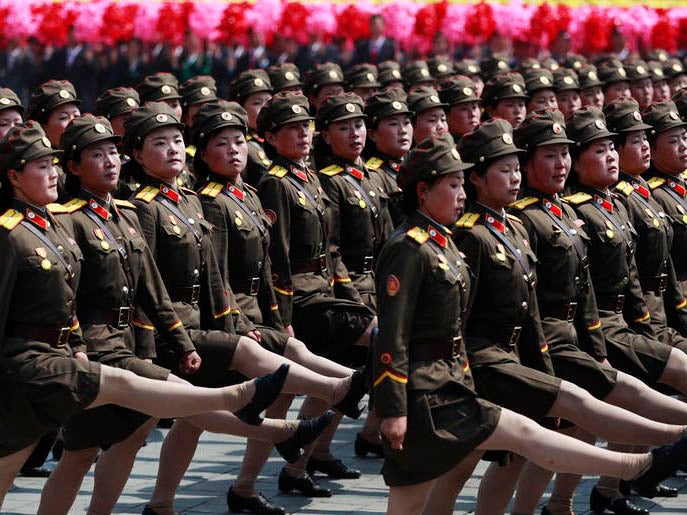

According to OECD 2020 data, South Korea ranked last (31.5%) among the OECD countries with its gender wage gap. The Global Gender Gap Index 2021 by World Economic Forum ranks South Korea in the 102nd position. South Korea has the 10th largest economy globally, but the country is struggling to achieve higher ranks in gender equality. In 1910, when Japan annexed Korea, the Korean conscription system became irrelevant for a brief period until the Korean War.Īnother crucial reason for the low fertility rate in Korea is gender inequality. The conscription system experienced several modernizations until the 1900s. During the Joseon Dynasty, the system changed to "universal conscription of men of age between 16 and 60 years old," even when there was no war. The MMA mentions that people were enlisted in the military registry regardless of their sex and age. Thus, a dual system of mandatory reserve forces and a professional-regular army was adopted to defend the nation. During the Goryeo Dynasty, Korea was frequently attacked by foreign invaders. At that time, most people were farmers, and they used to be summoned at times of emergency or war. This system is not without precedent in the country according to the Military Manpower Administration (MMA), universal conscription was implemented in Korea from ancient times to the Three Kingdoms period (57 BC to AD 668). In addition, South Korea has relatively powerful neighbors such as China, Japan, and Russia, thus necessitating the conscription system. Although both the Koreas signed a truce in 1953, the war never really ended for either of them. South Korea has implemented a conscription system that requires all able-bodied men to fulfill their military duty for about two years. This could also present a financial burden as the government will have to increase the budget for health and welfare services of senior citizens. According to The Korea Herald, older adults (65 and above) could account for 43.9% of the country's population by 2050. Moreover, about "16.5% of the Korean population has aged 65 and older in 2021," indicating a fast-aging demographic transition in South Korea. In 2020, the number of deaths outpaced the births, marking the natural decline in population for the very first time since such figures have been monitored in the country. South Korea's total fertility rate (0.84) has been below 1 percent for three consecutive years. According to the Organization for Economic Cooperation and Development (OECD) 's data in 2017, South Korea recorded the lowest birth rate among other OECD countries. South Korea's military is gradually shrinking due to its declining birthrate and increasing aging population. By 2039, the number of men eligible for conscription will fall from the current 330,000 to about 180,000 per year. However, the Defense Ministry has predicted that the military manpower could shrink to nearly half its current size within the next two decades. Other items on his tray were rice, spicy vegetable soup and seven cherry tomatoes.Currently, South Korea has about 590,000 active military personnel. Poor living conditions for enlisted men have also come under fire, with the military accused of giving substandard food and low quality clothes to soldiers, as well as subjecting them to excessive quarantine measures.Ĭomplaints surfaced in April when officers posted anonymously about their plight, with one saying he was so happy to get two pieces of braised fish for his meal until one was removed from his tray because of a rule stating men should get just "one piece of meat each". "Hierarchy within the army is not so severe now but it's still not a good atmosphere because it is a closed space with only men." He said: "Overnight, we have to follow strict rules that didn't exist before in our life, and this can result in mental and physical abuse of others. All able-bodied South Korean men aged between 18 and 28 must serve national service for about 18 months, and some have highlighted the shock that the sudden change can have on young men.įinance executive Kim Jin-ho, 30, told The Straits Times that newly enlisted soldiers have a lot of anxiety.


 0 kommentar(er)
0 kommentar(er)
